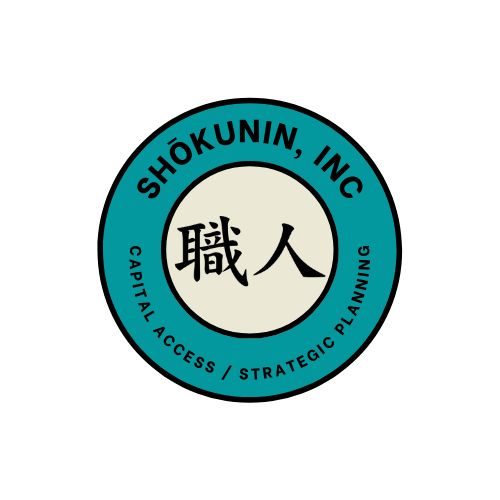My dad is getting old and wants to retire or control his business without going in every day.
The problem is that we’re pretty sure some staff members are ‘skimming the till’ but we can’t prove it because we’re still using pen and paper to record sales, etc.
We don’t want to fire the person because they have been there forever and are good at what they do.
Is there a way to stop this stealing from the shop? What can we do to help him run the business remotely?
Help!
This is a typical scenario for business owners reaching retirement age.
Last year, we helped a client sell his supply company. In this modern age, he was a third-generation owner who recorded all sales and reconciled his accounting with pen and paper. All he needed was the accountant’s green visor.
He did inventory once a year and had little insight into the operations. He had loyal employees, but you could never prove they weren’t taking from the till, etc. It was a solid business, and he had great margins, so the buyer hired me to help them bring the business into the 21st century.
Our solution brought a sense of relief and control over the business operations. We installed a handful of tablets as ‘cash registers’ with cloud software and began to institute standard operating procedures. We spent a few weeks just observing how the business operated. Anything that was done more than three times, we turned into a standard operating procedure. The software we chose was top-notch, and while the initial process can be burdensome (inputting all the SKUs, etc.), you can receive shipments wherever you are from your phone, monitor sales, and eliminate the opportunity for shrinkage/theft. This modernization was a game-changer, providing a sense of reassurance and empowerment.
In exit planning, it’s crucial to understand that selling a business is not fast. This isn’t like selling a used car or listing an old bookshelf on Facebook Marketplace. To ensure your dad gets the maximum value for his business—or if he prefers to continue running it remotely—it’s crucial to put robust systems in place.
(Notice I didn’t say goals).
This includes transitioning to digital tools for sales, inventory, and accounting and having a solid financial team to manage these systems. By understanding and preparing for this process, you can feel informed and ready for the next steps.
Moreover, exit planning isn’t just about preparing for a sale; it’s about preparing the business to operate independently of the owner.
By implementing modern systems and processes, you reduce reliance on key individuals (like the employees you’re concerned about) and create a business that can run smoothly whether your dad is there or not. This increases the business’s value and makes it more attractive to potential buyers. For your dad, this could mean a more relaxed retirement, knowing that his company is in good hands and capable of thriving without his day-to-day involvement.
As business brokers, capital advisors, and exit planners, we’ve been business owners with experience running and growing businesses. We understand the emotional and financial stakes involved.
Whether your dad chooses to sell or continue running the business remotely, the key is to start planning now to ensure a smooth transition, secure the business’s future, and maximize its value. The earlier you start, the more you can do to secure your business’s future.
Not sure where to start whether buying, selling or adding value to your existing business?
We do.
Because business owners often have most of their net worth tied in their business, exit planning ensures value creation is a present tense verb throughout so maximum value is transferrable upon a sale.
Let us help you ensure
-
No personal / family financial hardships
-
Post‐exit Financial and Values‐based goals are realized
-
Maximized Sales Price
-
Minimized Tax Burden
-
Control instead of being forced by circumstance
-
Maintain Family Harmony
-
Maintain Company Culture
-
Key Employees Stay on Board
-
No Forced Liquidation of Assets

